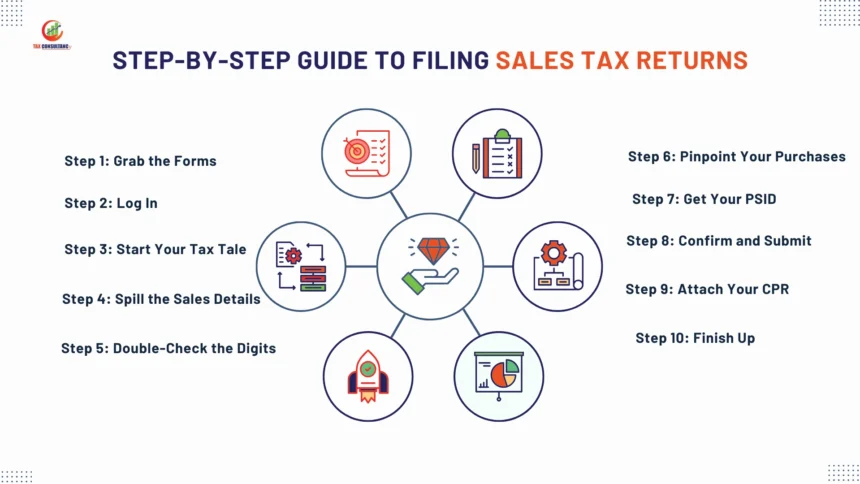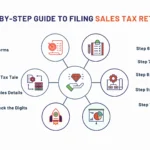Tax season often brings a sense of urgency and stress for individuals and businesses alike. The complexity of tax regulations and the pressure of deadlines can make the process feel overwhelming. However, with proper planning and organization, you can transform tax season into a manageable and even strategic opportunity. This guide provides a clear, step-by-step approach to help you prepare effectively, minimize errors, and maximize potential benefits.
Gather All Necessary Documents
The foundation of successful tax preparation lies in having all your documents ready. Start by collecting income statements such as W-2s for employees or 1099s for independent contractors. If you have investments, gather statements showing dividends, interest, and capital gains. Don’t forget receipts for deductible expenses like charitable contributions, medical costs, and business-related purchases.
Creating a dedicated folder, either physical or digital, can streamline this process. Organizing documents as they arrive throughout the year will save you from scrambling at the last minute. This simple habit reduces stress and ensures you have everything needed to file accurately.
Review Changes in Tax Laws
Tax laws evolve regularly, and even minor changes can impact your filing strategy. New deductions, credits, or reporting requirements may apply to your situation. For example, adjustments to retirement contribution limits or updates to standard deduction amounts can influence your tax liability.
Staying informed is essential. You can review IRS updates, consult reputable financial websites, or speak with a tax professional. Understanding these changes early allows you to make informed decisions, avoid penalties, and take advantage of opportunities that could lower your tax bill.
Organize Your Financial Records
Beyond tax-specific documents, maintaining organized financial records is critical. This includes bank statements, mortgage interest reports, and documentation for any loans or large purchases. If you’re self-employed or own a business, keep detailed records of income and expenses, including invoices and receipts.
Proper organization not only simplifies filing but also helps identify deductions you might otherwise miss. For instance, home office expenses, mileage for business travel, and certain professional fees can often be deducted if properly documented. A well-structured record-keeping system ensures accuracy and can serve as a safeguard in case of an audit.
Seek Professional Guidance
While many individuals handle their own taxes, complex financial situations often require expert assistance. If you own a business, have multiple income streams, or are planning for retirement, professional guidance can be invaluable. For those in Colorado, working with reliable tax planning in Denver, CO you can receive tailored strategies to optimize your tax position.
A qualified advisor can help you navigate intricate tax codes, identify deductions, and develop long-term plans to minimize liabilities. They can also assist with proactive measures like adjusting withholdings or planning estimated tax payments. Investing professional advice can save time, reduce stress, and potentially result in significant financial benefits.
Plan Ahead for Next Year
Tax preparation should not end once you file your return. Use this season as an opportunity to plan. Review your current withholding to ensure it aligns with your income and tax obligations. If you’re self-employed, consider setting aside funds for quarterly estimated taxes to avoid penalties.
Additionally, explore strategies to reduce taxable income, such as contributing to retirement accounts or health savings plans. These actions not only lower your tax liability but also support long-term financial goals. By planning, you can make next year’s tax season smoother and less stressful.
Conclusion
Preparing for tax season doesn’t have to be a source of anxiety. By gathering documents early, staying informed about tax law changes, organizing your financial records, and seeking professional guidance, when necessary, you can approach filing with confidence. Taking proactive steps now will save time, reduce stress, and help you make the most of your available opportunities. With careful planning, tax season becomes less of a burden and more of a chance to strengthen your financial future.


